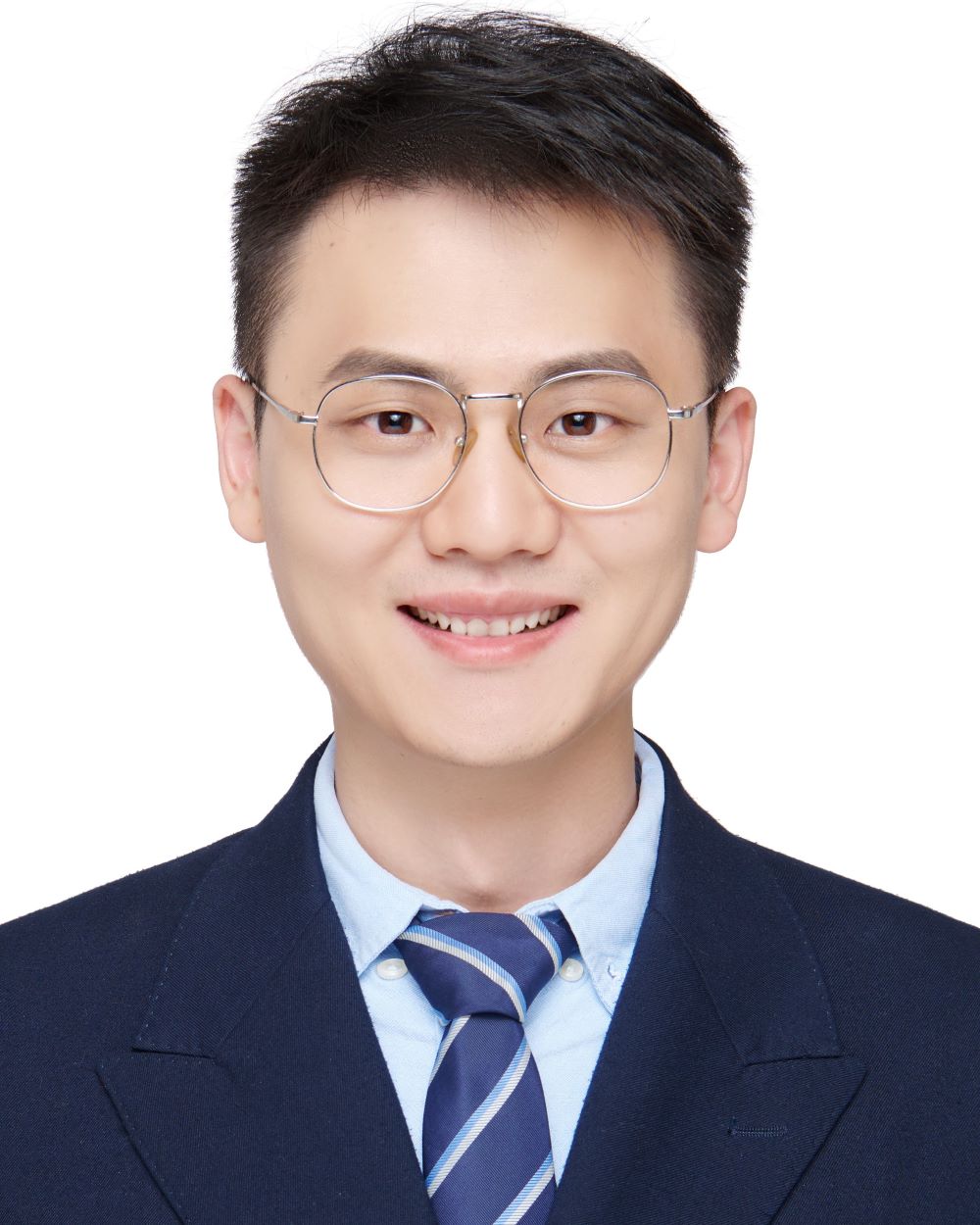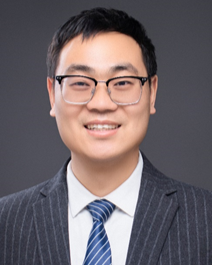Special Session 3
Artificial Intelligence in Aerodynamics | 智能空气动力学
Introducation:
In recent years, the vast amount of big data generated across various industries has created new opportunities for artificial intelligence (AI), an emerging technology, to reshape research paradigms in multiple disciplines. The integration of AI with theoretical, computational, and experimental aerodynamics has opened up new frontiers in aerodynamic research. Recent studies have demonstrated significant advancements in using AI for simulating, modeling, optimizing, and controlling complex flows. However, the development of intelligent aerodynamics remains in its early stages, with most current research focused on simple geometries and flow conditions, which are still far from real-world engineering applications.
Moreover, challenges persist in theoretical research, particularly regarding the generalization and interpretability of AI models. Further exploration is needed to achieve a deeper integration of AI with traditional research paradigms. This special topic aims to explore innovative AI-driven methodologies for tackling complex fluid dynamics problems. Key areas of discussion include:
1. Feature extraction and knowledge discovery of flows
2. Aerodynamic modelling based on artificial intelligence
3. Data fusion and data assimilation of multi-source aerodynamic data
4. Numerical methods of complex flows and multiphysics problems based on artificial intelligence
5. Aerodynamic shape optimization based on artificial intelligence
6. Flow control based on artificial intelligence
We welcome contributions from research teams related to intelligent aerodynamics.
近年来,各行各业产生的海量大数据,为人工智能这一新兴技术在多个学科塑造新的研究范式提供了契机。人工智能与理论、计算和实验空气动力学的结合,为空气动力学研究开辟了新的可能性。近期研究已经展示出,人工智能在解决空气动力学领域复杂流动的模拟、建模、优化、控制等方面问题上,取得了重大进展。尽管如此,智能空气动力学领域的发展仍处于起步阶段,当前研究成果大部分局限于简单的几何形状和流动状态,离实际工程应用存在一定距离。此外,模型泛化能力和可解释性等理论层面研究仍存在挑战,人工智能与传统研究范式的深度融合仍有待进一步研究。本特别专题将重点讨论智能空气动力学新方法,以解决挑战性的流体力学问题。论坛主题包括:
1. 流动特征提取与知识发现
2. 空气动力学智能建模方法
3. 多源气动力数据融合与数据同化
4. 复杂流动与多场耦合智能模拟方法
5. 气动外形智能优化设计
6.智能流动控制
欢迎智能空气动力学相关研究团队赐稿。
Organizers:
 |
Jiaqing Kou, School of Aeronautics, Northwestern Polytechnical University, China
Jiaqing Kou is a professor and doctoral supervisor at the School of Aeronautics, Northwestern Polytechnical University. He is recognized as a national-level young talent (overseas). He earned his bachelor's and master's degrees from Northwestern Polytechnical University in 2015 and 2018, respectively, and obtained his Ph.D. from the Technical University of Madrid in 2022. From 2022 to 2024, he worked as a Humboldt postdoctoral fellow at the Institute of Aerodynamics, RWTH Aachen University, before joining Northwestern Polytechnical University in March 2024.
His research focuses on complex flow simulation and intelligent fluid dynamics modeling for aircraft. He has conducted pioneering research in areas such as machine learning methods for unsteady aerodynamics and aeroelasticity, data-driven flow field modal analysis, and high-accuracy numerical simulation of complex flows. As the first or corresponding author, he has published over 20 papers in top international journals, including Progress in Aerospace Sciences, Journal of Computational Physics, and AIAA Journal, accumulating more than 1,000 SCI citations.
Prof. Kou has been awarded prestigious research grants and fellowships, including the EU Marie Curie Early Stage Researcher (PhD), the German Humboldt Fellowship (Postdoctoral), and the Shaanxi Youth Talent Program. He has led major research projects such as the National Natural Science Foundation of China Outstanding Youth Science Fund (Overseas), the National Key Research and Development Program, and a key project under a specialized fund. He has been consistently ranked in Stanford University's "Top 2% of Global Scientists" annual scientific impact ranking for five consecutive years. Currently, he serves as the Vice Chairman of the Youth Working Committee of the Chinese Aerodynamics Society, an Associate Editor for Aerospace Science and Technology, and a Youth Editorial Board Member for Applied Mathematics and Mechanics and Advances in Wind Engineering. |
| |
|
 |
Xiaojing Wu, School of Civil Aviation, Northwestern Polytechnical University, China
Xiaojing Wu, born in 1989, holds a Ph.D. in Engineering and is currently an Associate Professor. From 2008 to 2018, he studied at the School of Aeronautics, Northwestern Polytechnical University, and in July 2020, he joined the Civil Aviation Academy.
His research is oriented toward the application scenarios and practical engineering needs of new energy aircraft, automobiles, and wind energy systems, aligning with the national "dual carbon" goals. His work focuses on comprehensive aerodynamic design and intelligent optimization technologies, addressing key scientific challenges in industrial aerodynamic design, such as expensive optimization, high-dimensional design complexity, and limited intelligence in design processes. His research aims to provide fundamental technical support and algorithmic solutions to enhance the efficiency and quality of engineering product design and development.
In recent years, he has led several major research projects, including sub-projects of the National Key Research and Development Program, National Natural Science Foundation projects, major scientific and technological research initiatives by China Energy Engineering Group, and general projects funded by the China Postdoctoral Science Foundation.
As the first author, he has published over ten papers in top-tier aerospace journals such as Aerospace Science and Technology, Structural and Multidisciplinary Optimization, and Chinese Journal of Aeronautics. Additionally, he has co-authored one academic monograph as the second author. Prof. Wu has been recognized as part of the 333 High-Level Talent Training Project and the Project Support Funding Program in Jiangsu Province.
|
| |
|
Submission Guideline:
Please submit your manuscript via Online Submission System: https://easychair.org/my/conference?conf=meae2025
Please choose Special Session: Artificial Intelligence in Aerodynamics

